
The brass band movement in the UK grew from a sudden flourishing of Victorian invention, commerce and collective appetite for self-improvement.
By the time a form of contest standardisation had been established in the 1870s though the influence of commercial entrepreneurialism, it had gained a critical mass of participation (undoubtably energised by competitive instincts) that reached a zenith by the turn of the 20th century.
Since that time it has been in decline.
In many ways it is remarkable that it has maintained its presence as a touchstone of artistic expression through so much subsequent change, although for how much longer is now a question requiring urgent debate.
In many ways it is remarkable that it has maintained its presence as a touchstone of artistic expression through so much subsequent change, although for how much longer is now a question requiring urgent debate.
What for instance would the legendary figures of John Gladney or John Henry Iles make of the modern brass banding landscape in the UK?
They would certainly recognise much of its fundamental DNA – although even Gladney’s original idea pioneered through Meltham Mills Band of 25 brass players is now almost redundant at elite competition level.
Three defining elements
Over the last 150 years I would suggest there have been three defining elements that have significantly impacted the movement: War, industrial change and education reform.
Each can be defined as an outside catalyst agent – the results of which have impacted banding hugely.
The next however is very likely to be of our own making.

Optimism ahead of the grim reality
Grim years
The first was the most immediate and horrible.
At the outbreak of the First World War brass banding as a musical genre (and especially in contesting terms) was in a healthy state. Popularity had slightly waned since its peak in the 1890s. By the time the conflict had ended though, it would never be the same again.
“…the blows which the brass band movement sustained during the grim years of its duration can never be adequately estimated. The rolls of honour published in band journals included thousands of names;
Demolished
In the book ‘The Brass Band Movement’, John Russell and J H Elliot wrote: “…the blows which the brass band movement sustained during the grim years of its duration can never be adequately estimated.
The rolls of honour published in band journals included thousands of names; nor can there be any doubt that large numbers of British brass bands were completely demolished.”

The Crystal Palace was a venue of brass band entrenchment after the First World War
Entrenchment
The post war interregnum is seen by many as a ‘Golden’ period. Yet for all the glories of Foden’s and Crystal Palace, the fun fair excitement of the May and September Belle Vue contests and the flowering of compositional interest, it could not disguise the reality that banding in the UK was now in retrenchment rather than expansion.
Economic factors that impacted on industrial areas hit bands hard, as did cultural changes in entertainment. In 1928, The British Bandsman advertised a campaign to ‘Find Miners A Job’ to fill band vacancies.
Second challenge
The Second World War also impacted on numbers, but it was the fundamental societal changes, with the broader acceptance of the importance of universal education as well as industrial planning that resulted from it, that can arguably be considered as the second elemental challenge banding has faced.
In 1945 there was little appetite to return to the ‘locust years’ of the 1930s as Winston Churchill called them. It was replaced by the optimism, in the form of Clement Atlee’s reforming government that first held sway, followed by the ‘post war consensus’ of various governments up to the 1970s.
Over those next 40 years the effects were marked, and directly affected the outlook, demographic and geographic structures of the banding movement in the UK.
Over those next 40 years the effects were marked, and directly affected the outlook, demographic and geographic structures of the banding movement in the UK.
Well trodden path
Following the lifting of the most immediate post war restrictions, contesting resumed it well-trodden path.
However, for every band reborn, many became memories, and whilst the ‘traditional’ banding industries still offered both patronage as well as employment opportunities, they were soon to face challenges of their own.
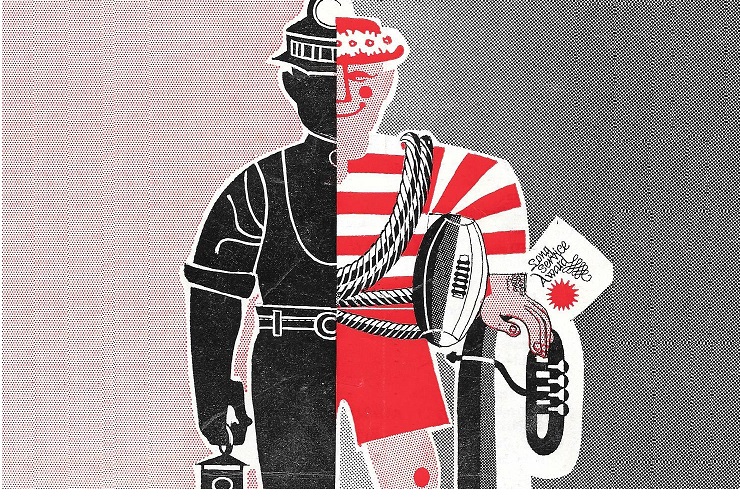
Social wellbeing
The mining industry was rapidly reduced in size, whilst others were radically restructured or simply overtaken by technical advances from competitors.
Import restrictions were lifted leading to significant changes in the make up of Britain’s industrial base, affecting many of the mid-sized non-nationalised consumer companies that traditionally supported bands – from cars and lorries to shoes and carpets.
Interest in social wellbeing remained through the formation of the CISWO organisation in the mining industry and social clubs and associations in new white collar industries for instance, whilst many new local authority youth bands were created as well as the National Youth Brass Band of Great Britain.
Interest in social wellbeing remained through the formation of the CISWO organisation in the mining industry and social clubs and associations in new white collar industries for instance, whilst many new local authority youth bands were created as well as the National Youth Brass Band of Great Britain.
30 year cycle
Dave Russell argued in his essay ‘Cultural Change and the Band Movement’; "To a large extent, the problems experienced in the 1950s and 1960s simply represented the working through of the previous thirty years of social and cultural change.”
He further highlighted the opinion that "if the movement's collective memory is to be trusted, many bandsmen look back on the late 1950s and early 1960s as a bleak age".
He further highlighted the opinion that "if the movement's collective memory is to be trusted, many bandsmen look back on the late 1950s and early 1960s as a bleak age".
Certainly direct patronage declined.
Gradually, bands like Cammell Laird Works (below), Yorkshire Imperial Metals, Ransome & Marles and others either disappeared or reinvented themselves in retaining a more indirect promotional role for their parent companies in return for funding or rehearsal facilities.
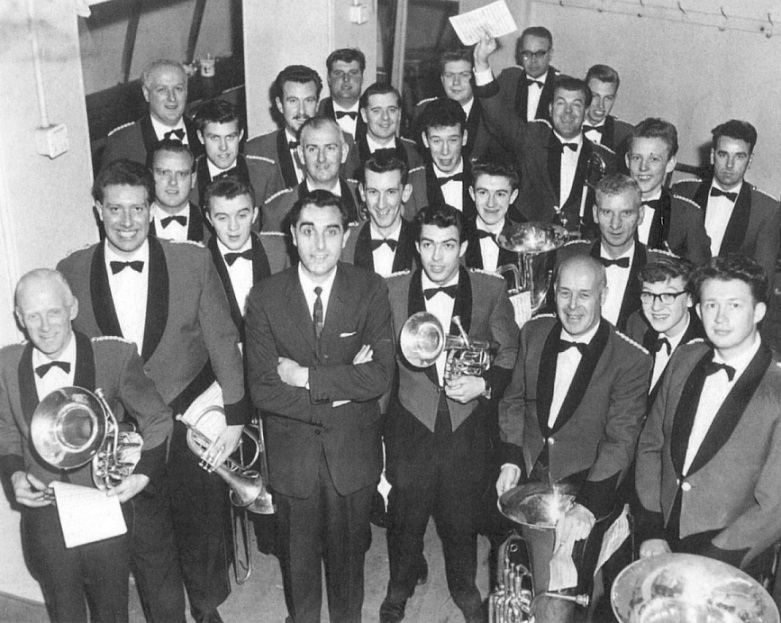
The well sponsored Cammell Laird Band with James Scott
Aspirational goals
There was an interesting blip in the 1980s/90s as several building societies sponsored bands – Britannia, Bradford & Bingley and Yorkshire being three high profile cases, but these were an exception.
However, much like the 30-year cycle Dave Russell spoke of, even they eventually found that the image of brass bands didn’t fit with millennial ‘aspirational goals’.
Home ownership, European holidays and easy finance consumer goods could be more effectively projected to consumers through increased media advertising opportunities in newspapers, new television channels and on the front of football shirts.
Home ownership, European holidays and easy finance consumer goods could be more effectively projected to consumers through increased media advertising opportunities in newspapers, new television channels and on the front of football shirts.
A quarter of a century later, what company needs a brass band to help promote the demand for its goods or services when it can be generated by AI and the click of a computer mouse?
Education reform
The final elemental challenge has come with what could generously be called education reform – or less generously, the precipitous decline in investment in the arts and peripatetic music services in particular in schools.
What was once seen as an essential outlet for expression and excellence, of career choice and societal benefit has first been starved and subsequently denuded of investment to such an extent that music teaching is now seen as a non-essential addition to the education curriculum.
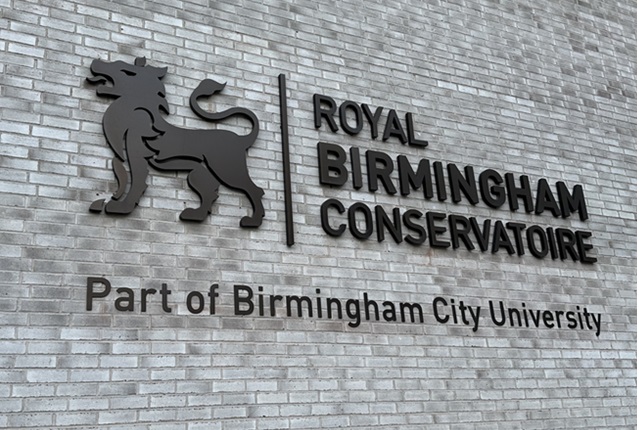
There are opportunities to study brass banding at UK conservatoires
And whilst arguments may rage over who and why the changes came about, there can be little disagreement upon just how damaging it has been to the banding movement.
There are of course several impressive colleges and conservatoires for students wishing to study brass band music making – but what long term value is there to a degree that now opens the doors to overwhelmingly limited changes of getting well paid employment (especially as a professional performer).
Natural cycle?
Which brings us to the final challenge – and the one we must overcome ourselves.
Some social commentators would claim that because of societal and economic changes what is going on is simply part of the ‘natural cycle’ of change in community based cultural interests, one that we have been too slow to recognise and act upon.
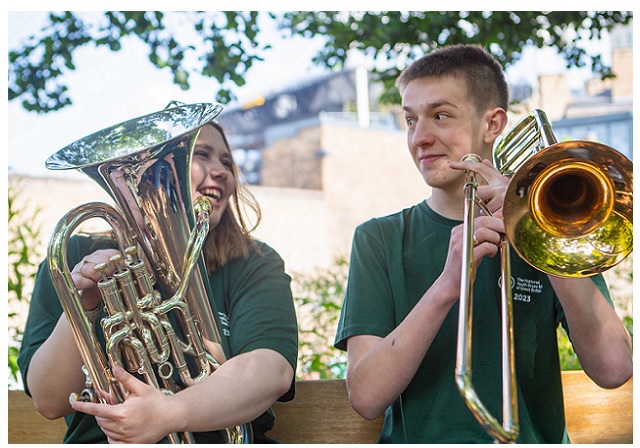
If that is true, how then do we all (not just a small minority of bodies and bands) attract new generations of youngsters to enjoy brass band music making?
And how do we make a relevant, compelling case to would-be partners in the political, business and education worlds about the benefits we have to offer?
Our reluctance to accept the need for re-invention is inherent in brass banding.
Our reluctance to accept the need for re-invention is inherent in brass banding. Messer’s Gladney and Iles could return from the dead tomorrow and find little has changed in the contesting world for instance in the past 150 years.
All guilty
It is arguable that we ourselves missed the last major opportunity to implement change during Covid.
And we are all guilty of it.
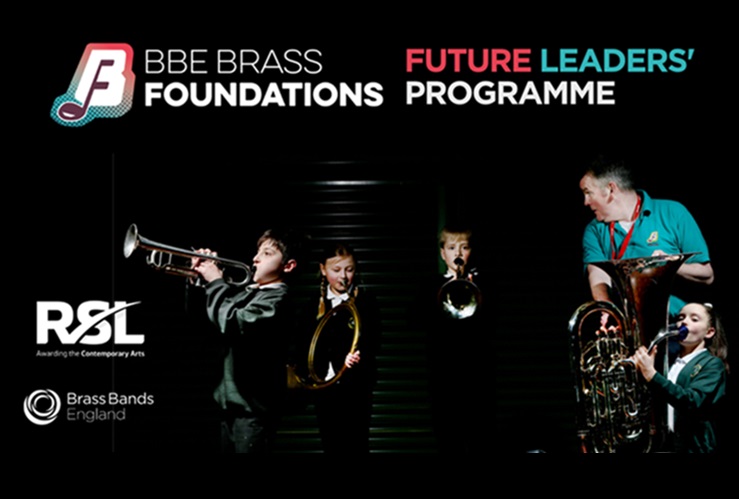
There are exmaples of postive initiatives from bodies, bands and individuals
Changing world
We hear a multitude of opinions about contesting ownership, rules and registration, but little about building links to the business world, education establishments or even individual schools.
It is interesting to note (given the historical perspective) that it is the armed forces that now offer perhaps the best chance of career development in music.
So, is it too late to reverse the decline, reinvent our outlook and re-energise our focus to accept the need to accommodate change, meet its challenges and succeed in moulding it for our benefit as a movement?
With a few notable exceptions with organisations, bands and individuals, we now need to do just that.
A changing world needs a changed brass band movement.
Tim Mutum













